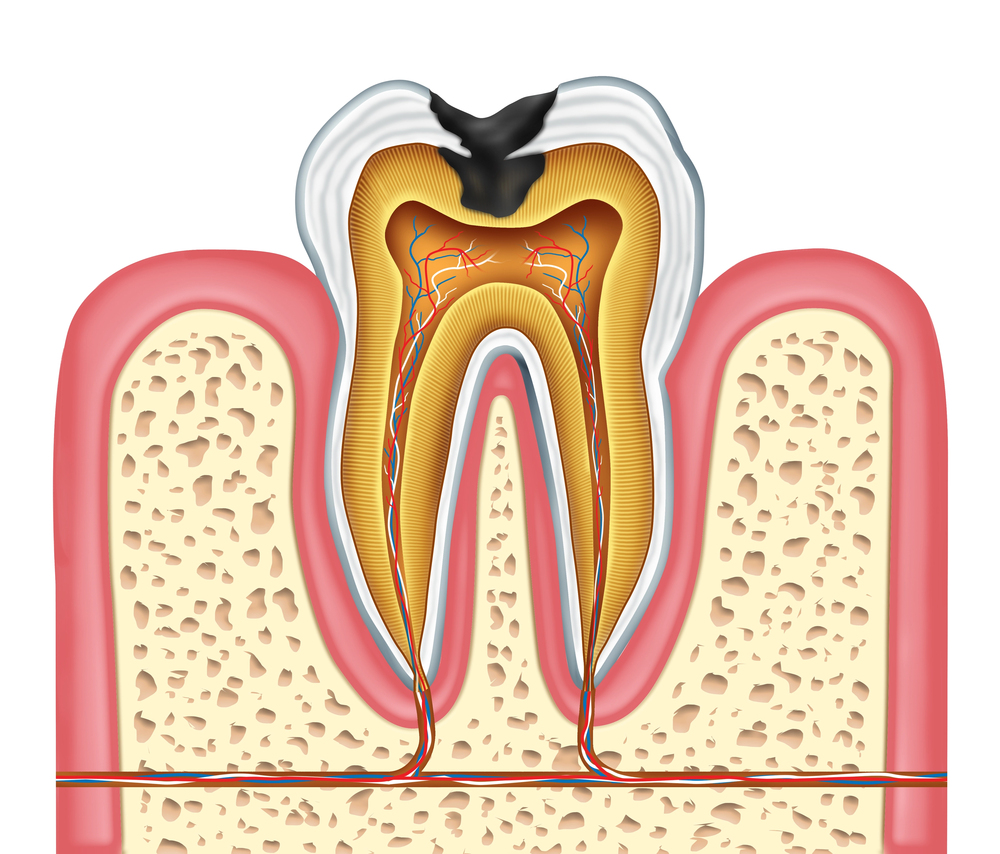When it comes to dental health, a common question often arises: can cavities be restored naturally? Many people hope for a simple, at-home solution to avoid the discomfort and cost associated with restorative dental treatments. But can it really be that simple?
If you suspect that dental decay is damaging your smile, it’s best to consult with Dr. Amol Shergill at Wren Street Dental. Our skilled restorative dentist in Mission, BC, can diagnose issues and provide rapid treatment to prevent worsening conditions. Call us at (604) 820-8702 to get the care your smile deserves.
In this blog, Dr. Shergill explores whether cavities can be treated naturally or whether professional dental care is necessary.
Understanding Cavities
According to the World Health Organization, untreated dental decay is the predominant dental issue worldwide, affecting some 2.5 billion people. Cavities are caused by a combination of factors including bacteria in the mouth, frequent snacking, high sugar consumption, and improper dental hygiene.
Once a cavity forms, it won’t heal on its own, but there are claims that early-stage decay can be reversed.
Can Cavities Be Restored Naturally?
The short answer is that fully developed cavities cannot be restored naturally.
However, there is a stage known as “demineralization” where the enamel begins to break down. At this point, there are natural remedies that may help to stop the progression of demineralization, and in some cases, potentially reverse the damage.
At-Home Options for Early-Stage Cavities
Keep in mind that at-home solutions will not treat an active cavity. However, some solutions can slow the progression of enamel erosion and, subsequently, cavities.
Fluoride
Fluoride works by strengthening tooth enamel, making it more resistant to acids produced by sugar-consuming bacteria. You can use fluoride toothpaste or mouth rinses as a preventive measure.
Oil Pulling
Many oils, especially coconut oil, have antimicrobial properties, which is why ancient civilizations swished oil around their mouths for several minutes to reduce oral issues, like cavities. However, the scientific evidence supporting the effectiveness of oil pulling is limited.
Dietary Changes
Reducing sugar intake and consuming foods rich in vitamins and minerals can help prevent enamel erosion. So, try eating more foods rich in calcium, phosphates, and vitamin D, like:
- Cheese
- Yogurt
- Fatty fish
- Nuts
- Legumes
Xylitol
Xylitol is a common artificial sweetener found in sugar-free gum. There is sufficient evidence to suggest that xylitol can help prevent the growth of bacteria that cause cavities. So, chewing xylitol gum after meals can be a simple way to help protect your teeth.
Good Oral Hygiene
Ideally, brushing after every meal and snack is the best way to prevent decay. But brushing just twice daily with fluoride toothpaste and flossing even once a day can prevent further decay and help in the remineralization process.
The Importance of Professional Dental Care
While the question, “Can cavities be restored naturally?” is an interesting one, it’s vital to understand that these natural methods are mostly preventive or only effective in the very early stages of tooth decay. Once a cavity has formed a hole in the tooth, professional intervention is necessary.
Our Mission, BC, dentist can provide treatments that you cannot replicate at home, such as:
- Fillings
- Crowns
- Prescription-strength fluoride treatments
Treat Cavities with Dr. Amol Shergill in Mission, BC
Ignoring cavities can lead to pain, infection, and even tooth loss. That’s why frequent dental check-ups are so important.
If your smile needs some extra attention, contact Wren Street Dental today. All patients can request appointments at (604) 820-8702 or online here for easy scheduling.



